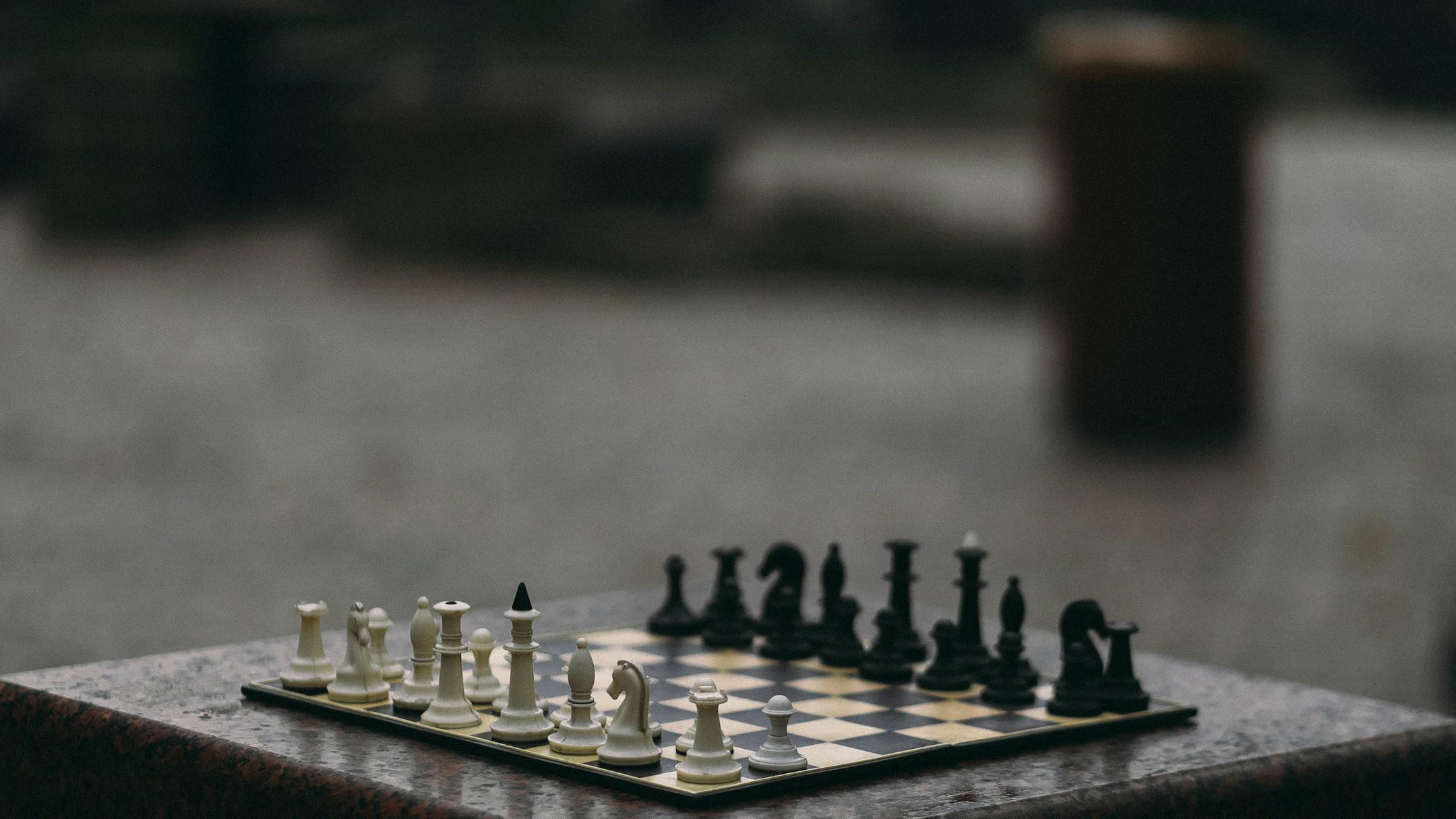
Chess is a game that transcends mere calculations and tactics; it delves deep into the psychological realms of strategy and mindset. Players often underestimate the profound impact of psychological strategies on their performance, believing that success hinges solely on technical skill. However, understanding and harnessing the elements of chess psychology can unlock new levels of play. From managing stress and anxiety during critical moments to employing psychological tactics against opponents, the mental game plays a pivotal role in determining outcomes on the board.
In this blog post, we will explore the profound impact of psychological strategies on chess performance. We will first examine the psychological aspects that underlie effective play, highlighting how mindset influences decision-making and resilience. Next, we’ll delve into key psychological strategies designed to enhance your game, empowering you to approach each match with confidence and composure. Finally, we will share real-life examples of chess players who successfully utilized these psychological tactics to achieve remarkable success. By incorporating these insights into your routine, you can elevate your chess performance to new heights and gain a competitive edge.
Understanding the psychological aspects of chess performance
Chess is not just a battle of wits; it is also a mental contest that demands a deep understanding of psychological elements. Players often experience a wide range of emotions during a match, from anxiety and fear to excitement and confidence. These psychological states can significantly influence decision-making and performance on the board. By recognizing how emotions affect thought processes, players can gain a competitive edge. Developing emotional intelligence, such as self-awareness and regulation, becomes crucial in mastering the psychological landscape of chess, enhancing focus, and reducing detrimental stress.
In addition to emotional management, players must consider their opponent's psychology. Analyzing an opponent's behavior and mindset can inform strategic choices. For example, a player who recognizes their adversary's tendency to become anxious in critical positions can exploit this weakness through aggressive play or setting traps. Understanding the interplay between one's own psychology and that of the opponent opens up avenues for innovative strategies. By harnessing psychological insights, chess players can enhance their overall game performance and enjoy a deeper connection with the complexities of the sport.
Key psychological strategies to enhance your game
Improving your chess performance often involves more than just honing your tactical and strategic skills; it also requires a keen understanding of psychological strategies. One powerful approach is visualization, which allows players to mentally rehearse moves and strategies before they make them on the board. By visualizing potential game scenarios, players can boost their confidence, reduce anxiety, and foster a deeper understanding of positional nuances. In addition, focusing on breathing techniques can help maintain calmness under pressure. Controlling your breath can slow down your heart rate and create a centered mindset, enabling you to think clearly and make calculated decisions during critical moments of a match.
Another effective psychological strategy is to develop a growth mindset. This concept, popularized by psychologist Carol Dweck, emphasizes the belief that abilities can be developed through dedication and hard work. By adopting a growth mindset, chess players embrace challenges as opportunities for learning rather than viewing defeats as failures. This shift in perspective can significantly impact performance, encouraging resilience and persistence in the face of setbacks. Additionally, employing positive self-talk can further reinforce this mindset, helping players to build their self-esteem and remain focused on their gameplay. By integrating these psychological strategies into your routine, you can enhance your overall performance and enjoy the game more fully.
Real-life examples of psychology in chess success
One of the most compelling examples of psychological strategies in action is the historic rivalry between Garry Kasparov and Anatoly Karpov. Their matches transcended mere chess; they were psychological battles where mind games played a crucial role. Kasparov, known for his aggressive style, often employed psychological tactics to unsettle Karpov. By publicly declaring his confidence and emphasizing Karpov's weaknesses, Kasparov created an environment of pressure that forced Karpov to second-guess his moves. This psychological edge contributed significantly to Kasparov's eventual success, showcasing how mental fortitude can shape outcomes on the chessboard.
Another striking illustration comes from the world of women's chess, particularly the strategy employed by Judit Polgar. Renowned for her exceptional talent and fearless play, Judit often turned the psychological tables on her opponents by challenging norms and expectations. She would enter matches with a mindset that not only focused on the board but also aimed to dismantle her opponents' confidence. By playing non-traditional openings and taking bold risks, she created an atmosphere of uncertainty. This approach not only bolstered her performance but also shifted the narrative around women's capabilities in chess, proving that psychological strategies can lead to both personal success and broader societal change.